Publisher: MACards
Author: Elena Avanesova, psychologist who uses the symboldrama psychotherapy method in her work, art therapist, author of psychological games “22 Arcana”, “Spiral of Balance”.
Artists: nbsp;Art-studio “Creative Kitchen” »
Contents:
The set of decks consists of two matching MAC sets by Elena Avanesova: “The Hero’s Path” – a universal plot deck and “Elemental Resource” – a resource deck. It is this set that is considered basic for the work of psychologists and other specialists in helping professions, because with the help of one you can update a request, investigate a problem, and with the help of the other, you can find ways to solve it, ways to fill yourself with strength and resources.
The “Hero’s Path” deck based on the exercises of the psychotherapist, philosopher, art therapist Eva-Maria Nietzsche to the major arcana of Tarot cards. The “Elemental Resource” deck is based on Elena Avanesova’s exercises for the minor arcana.
Tarot is a unique, ancient system of knowledge about the world and man. This is a universal metaphysical concept that reflects the cosmogonic myth of man. Many famous psychotherapists have turned to the study and use of Tarot in psychotherapy. K.G. Jung believed that the Tarot reflected the most important archetypes of the collective unconscious and allowed direct access to its energies and powers. The symbols of the major arcana of the Tarot consistently reflect our life path, how we gain maturity, wisdom and experience, and what problems we inevitably go through. That is why the deck works with different requests, any area of our life.
The map is like a map of the terrain of spiritual wanderings and personal growth, shows the direction, helps to see where it is important to move now. Maps help you find a resource for solving life problems, see and resolve internal conflicts. There is fine tuning of your inner world through imaginative space and work with the unconscious. The deck is not used as a predictive system.
Principles of working with the “Hero’s Path” deck.
The deck consists of 66 cards, 22 by 3, which is reflected in the card numbering. In the large circle is the number corresponding to the major arcana of the Tarot cards, and in the small circle is (1,2,3) the topic that the card will help you work with. By taking a card that corresponds to your life situation, you can work with the images and feelings that it evokes.
The meanings of the cards, the direction and orientation of the states of each card:
1st card “Magician”
1.1 – reflects setting how we cope in difficult situations, working with self-confidence.
1.2 – working with psychosomatic illnesses, reveals our attitude towards the disease.
1.3 – used during a crisis period in the professional sphere.
2nd “Priestess” card
2.1 – working with feminine energy, obtaining a resource.
2.2 – female identity, working with information.
2.3 – exploring the sexual attitude, obtaining a resource.
3rd card “Empress” “
3.1 – disclosure of female sensuality, sexuality.
3.2 – work with the reproductive sphere, infertility, acceptance of the maternal role.
3.3 – work with intrauterine experiences.
4th card “Emperor”
4.1 – working with boundaries, paternal and male figures.
4.2 – working with the fear of absorption.
4.3 – working with the inner strength of the animus.
5th card “Hierophant”
5.1 – removing parental “shackles”, work with negative parental attitudes.
5.2 – work with the fear of negative evaluation, guilt, your “super-ego”.
5.3 – the ability to take responsibility for your choice.
6- I am the “Lovers” card
6.1 – harmonization of the inner man and woman.
6.2 – compatibility in a couple.
6.3 – expectations from a partner.
7th card “Chariot”
7.1 – exit out of stagnation, achieving a goal.
7.2 – self-control in different situations.
7.3 – defining your goals, the ability to see opportunities.
8th card “Justice”
8.1 – the ability to enjoy the simple, intangible things.
8.2 – working with the inner child.
8.3 – working with the concept of “justice”.
9th card “The Hermit”
9.1 – knowing your personality.
9.2 – finding that , what was lost in the bustle of everyday life.
9.3 – diving into the depths of your unconscious.
10th card “Wheel of Fate”
10.1 – finding a balance between rhythm and calm, working with the fear of abandoning your achievements .
10.2 – hopeless and repeating situations in life.
10.3 – working with your identity, “shadow” and ideal “I”.
11th card “Strength”
11.1 – balance of spiritual and physical.
11.2 – the strength of the race.
11.3 – acceptance of one’s animal strength.
12th card “The Hanged Man”
12.1 – fear of losing the meaning of life.
12.2 – conscious sacrifice, way out suspended state.
12.3 – the ability to forgive.
13th card “Death”
13.1 – internal readiness for change.
13.2 – working with the fear of death.
13.3 – awareness that any the end is a new beginning.
14th card “Moderation”
14.1 – working with the fear of fading.
14.2 – working with the endocrine system, hormones.
14.3 – finding internal balance.
15th card “Devil”
15.1 – accept our “dark” side, take control of it.
15.2 – work with your “shadow”.
15.3 – work with your “secret”.
16th card “Tower”
16.1 – diving deep into yourself.
16.2 – working with anxiety due to the destruction of illusions.
16.3 – finding new (old) resources.
17th card “Star”
17.1 – working with anxiety due to the inability to find your purpose.
17.2 – the ability to receive and give.
17.3 – a feeling of connection with the universe.
18th card “Moon”< br> 18.1 – finding a resource in crisis from the depths of the unconscious.
18.2 – card of rebirth.
18.3 – see your “shadow”.
19th card “Sun”
19.1 – acceptance of life.< br> 19.2 – self-confidence.
19.3 – self-realization card.
20th card “Judgment”
20.1 – elaboration of transgenerational fears.
20.2 – discovery of previously hidden abilities.
20.3 – achieving internal unity of healing and liberation.
21st card “World”
21.1 – unity with one’s original nature, gaining integrity.
21.2 – reconciliation with the world.
21.3 – state of unity with the world.
22nd card (0) “Jester”
22.1 – working with the fear of the new, an internal push.
22.2 – working with attitudes and the inner child.
22.3 – finding a resource for changing life.< br>Principles of working with the “Elemental Resource” deck.
The deck consists of 56 cards, 14 by 4, which is reflected in the card numbering. The color of the circle reflects the “element” itself (suit), the number in the circle is the number of the minor arcana. The color of the circle of the selected card will tell you which “element” can help you find a resource.
The minor arcana reveal to us various aspects of everyday life: events, relationships with others, states of mind or feelings that we are currently experiencing. Each of the cards reflects individual and archetypal experiences and situations that arise in the life of any person. Our activity manifests itself through four spheres – emotional, intellectual, spiritual and material, which is reflected in the four suits of the minor arcana of Tarot cards.
The suit of wands (cards with red circles) corresponds to the primary element fire. The 14 cards of wands describe the development of the creative imagination, its use to solve problems that arise during this process.
The suit of cups (cards with blue circles) corresponds to the primary element water. 14 cards of cups describe the development of a person’s sensory sphere, emotions, knowledge of sensory relationships.
The suit of swords (cards with yellow circles) corresponds to the primary element air. The 14 cards of swords describe the development of the thinking ability, its dark and light aspects. This development occurs through internal conflicts, clarity and understanding offered by the mind.
The suit of pentacles (cards with green circles) corresponds to the primary element earth. The 14 cards of pentacles describe the development of the ability to function in reality, adaptation throughout life to the demands of the earthly world.
Exercises and techniques
First of all, the “Hero’s Path” is a metaphorical card, and we adhere to the basic rule – the client interprets the card. What does this card mean to the client? What does he see on her and how does it make him feel? You can work with any MAC techniques that correspond to the client’s request.
Universal Technique
Purpose: to formulate and update the request.
1—2—3 – pleasant
4– -5—6 – unpleasant
“Workshop of the Future” technique
Goal: develop confidence in achieving the goal.
Technique “Resentment and Forgiveness”
Goal: working with grievances, living forgiveness
1 – a card symbolizing your offense against a significant person
2 – a card that helps you forgive
3 – a card when you offended this person
4 – a card that helps you forgive yourself
Technique “Working with a set goal”
Goal: goal setting, research on ways to achieve the goal.
1——-3—4—5 ——-2
Technique “Internal Conflict”
Purpose: study of internal conflict, its content and ways out.
1—–3—–2.
Technique “Working with ancestry”
Goal: working with ancestral traumas and resources
1 – I in the generic system
2 – Strength of the clan
3 – Weakness of the clan
4 – What to pass on to children?
5 – What not to pass on to children?
6 – Map of filling the clan with resources
< li>Describe each card. What does it show? Do you like the image? If yes, then with what? If not, why not? How is it related to your ancestral system?








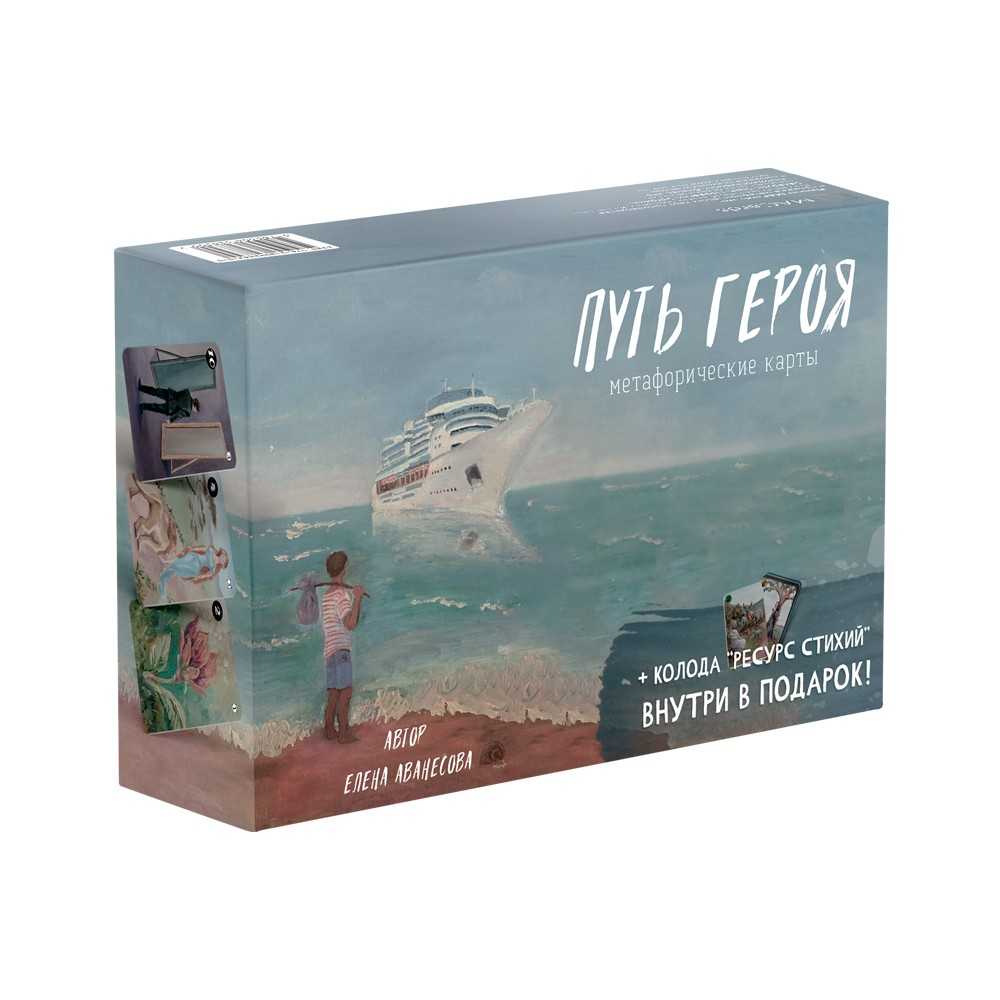
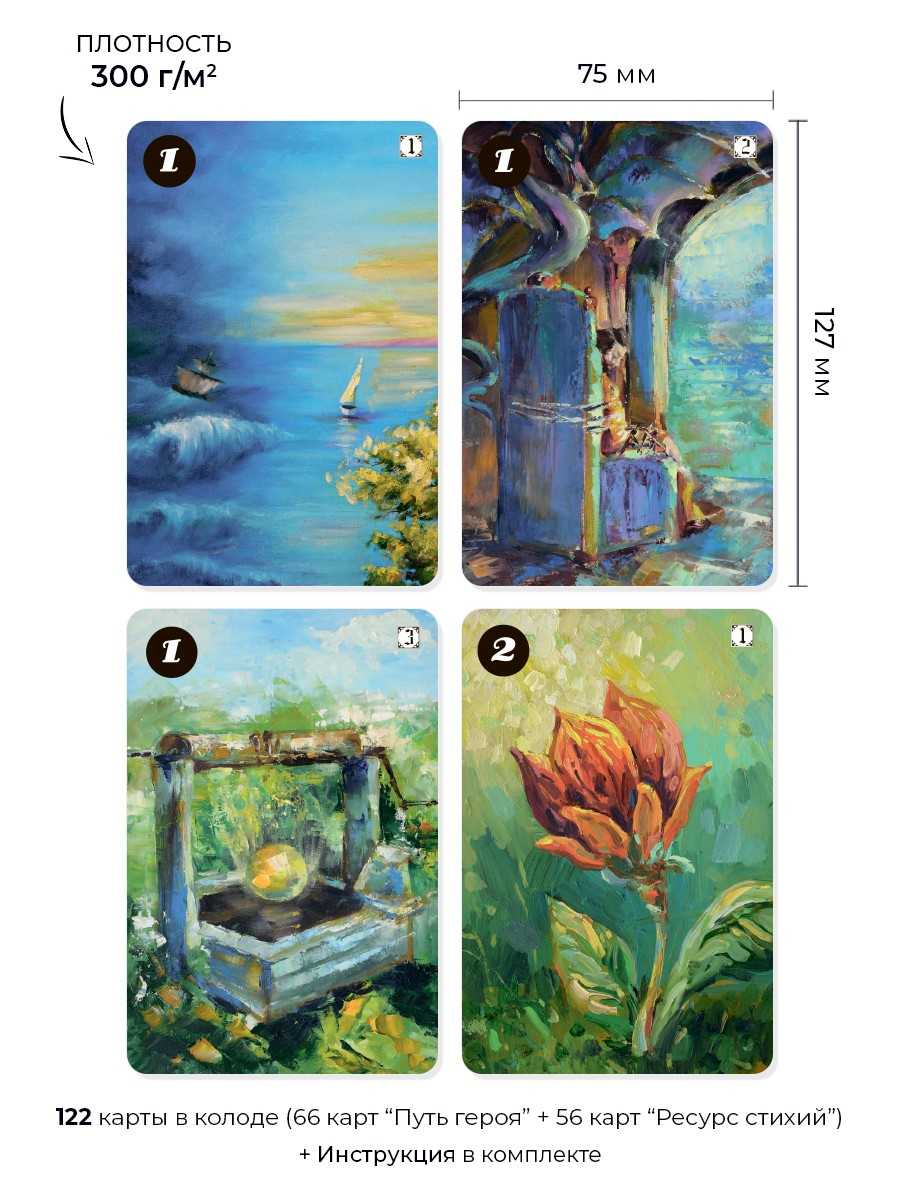
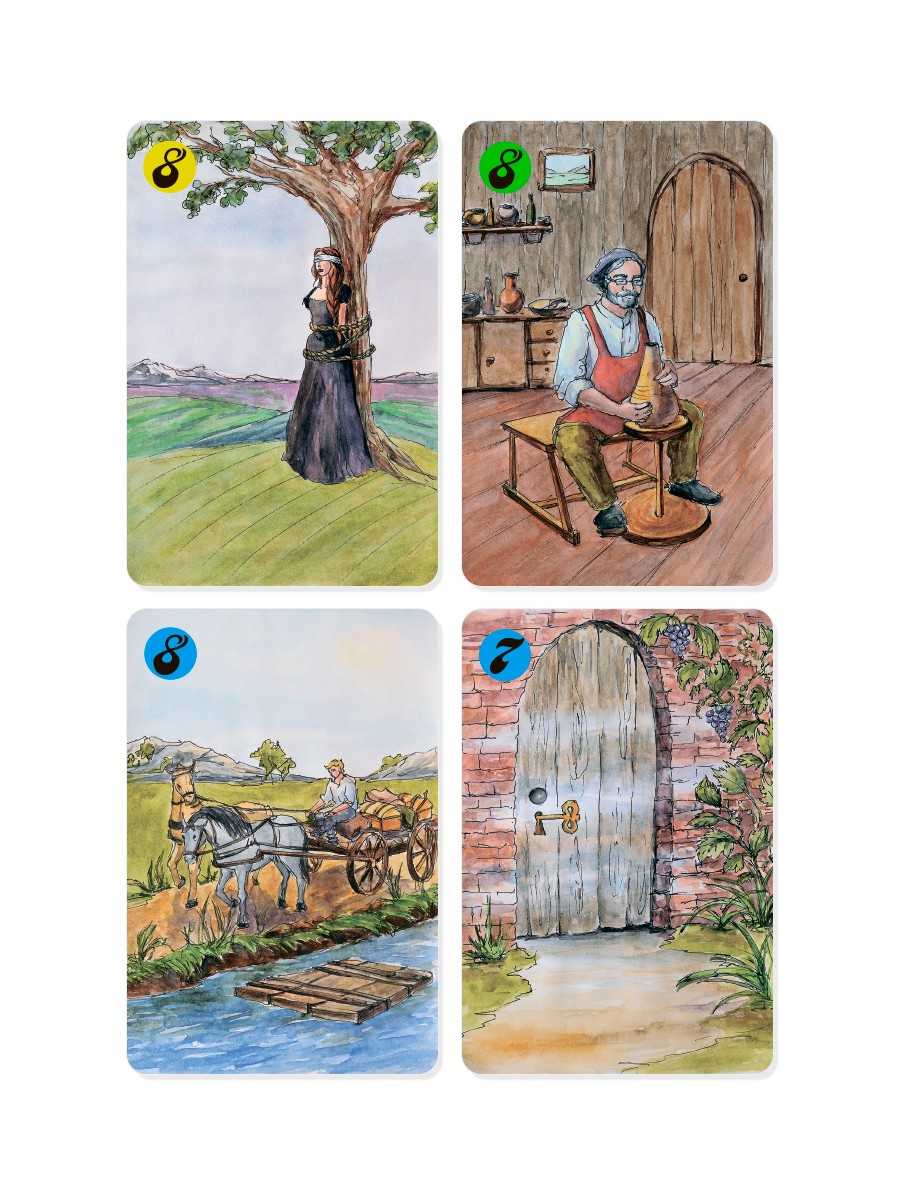
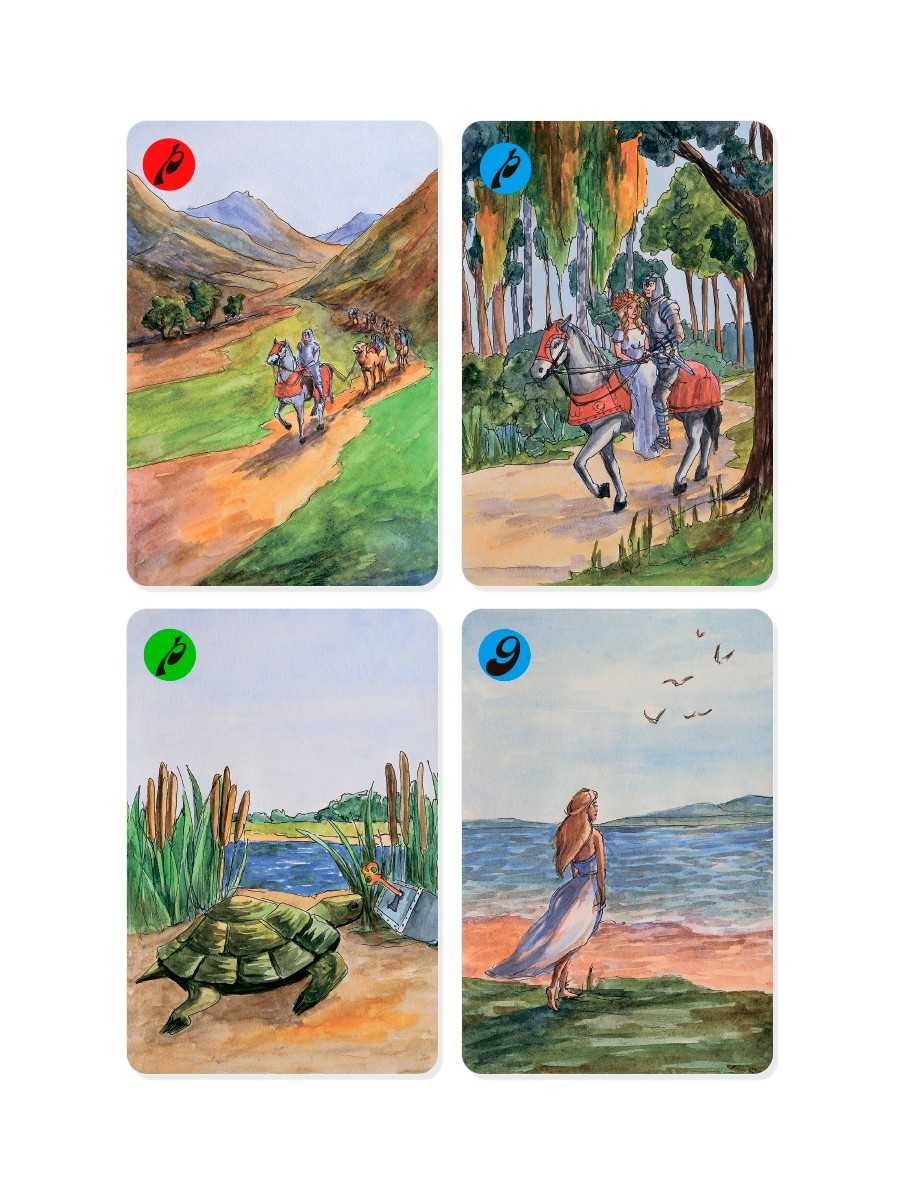
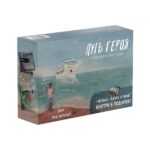
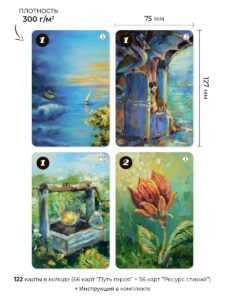
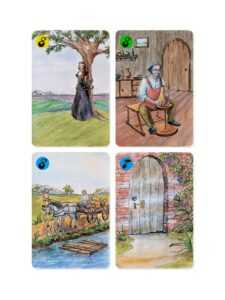
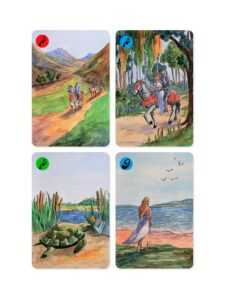
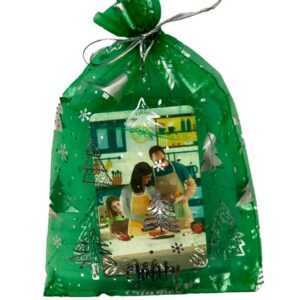
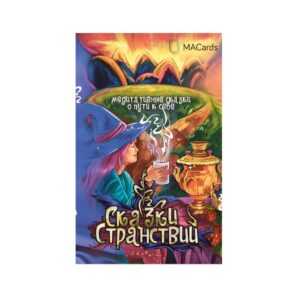
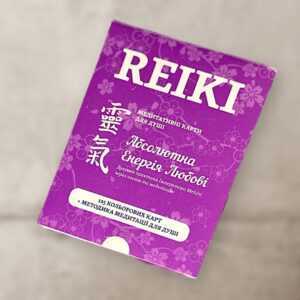
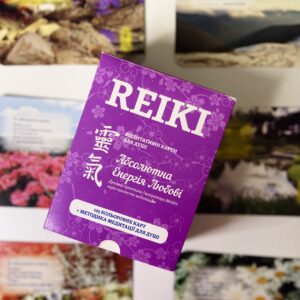
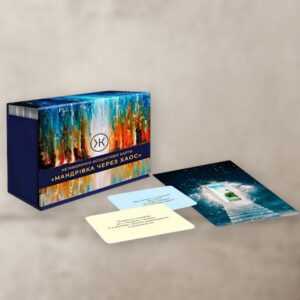
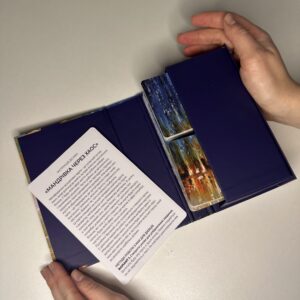


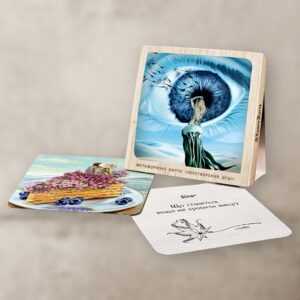
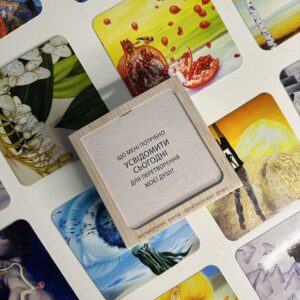
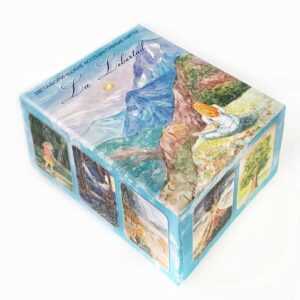
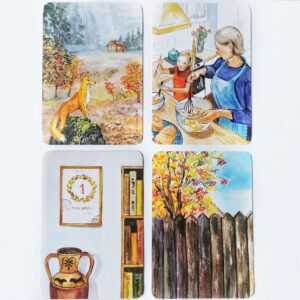
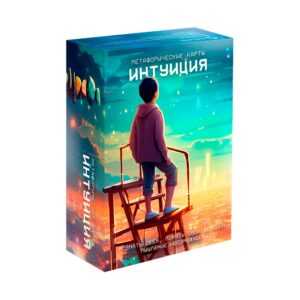
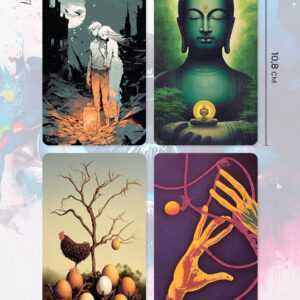
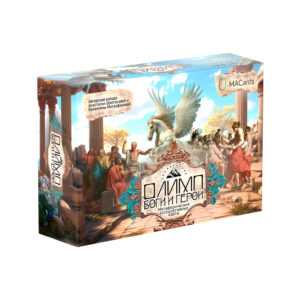
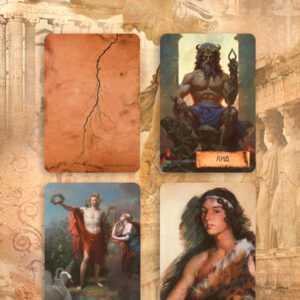
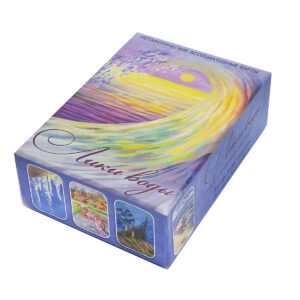
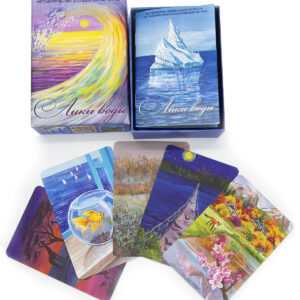
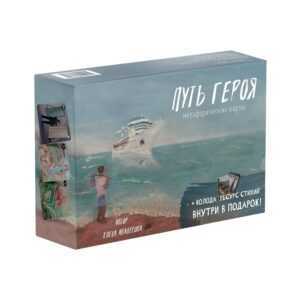
Reviews
Clear filtersThere are no reviews yet.